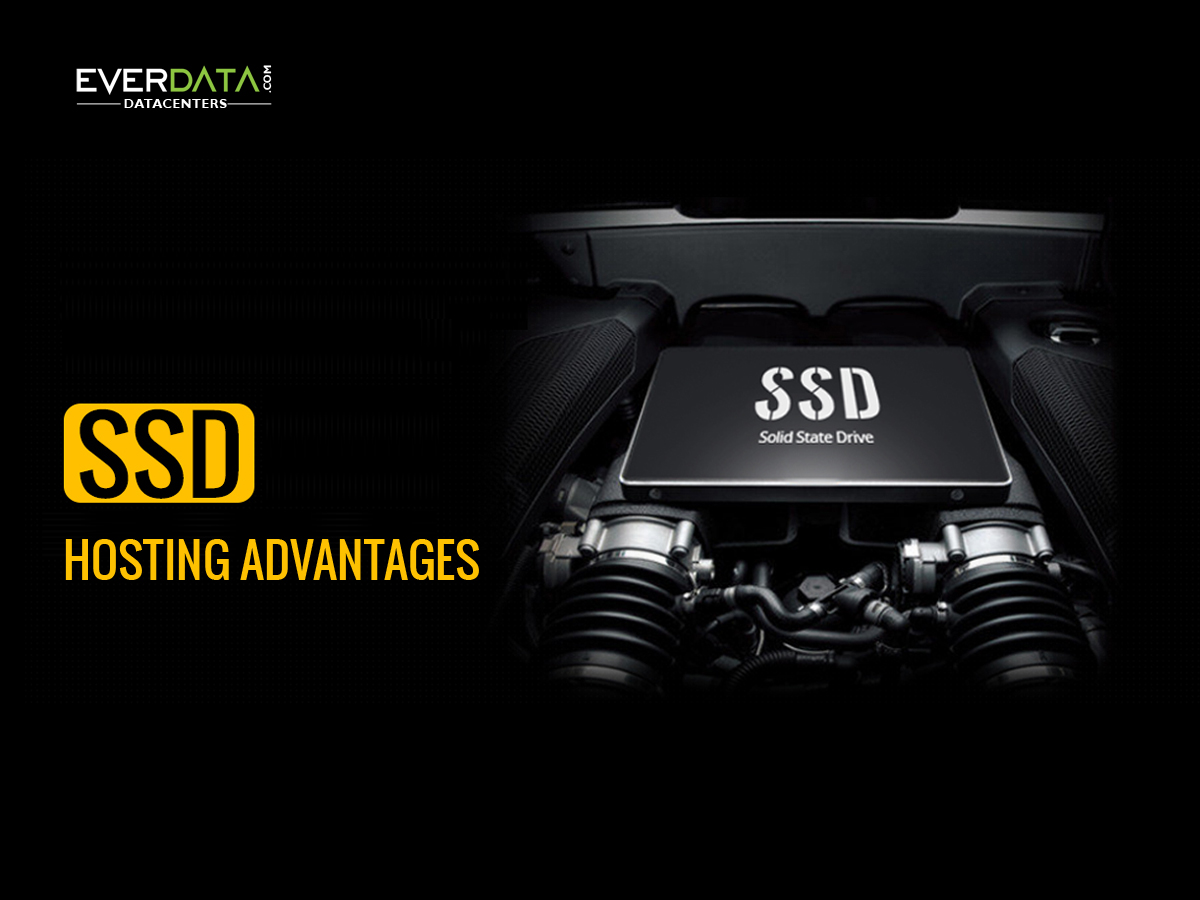
Submitted by Omkar on

More and more companies are choosing SSD hosting. The main reason for this trend lays in the fact that SSD allows faster access to the website.
Traditional web hosting plan use spinning hard disk drives (HDD), access is slow due to the mechanical movement of the drives. With SSDs, data is read and written simultaneously, which reduces the loading
Loading speed is incredibly important for eCommerce websites, as customers can get frustrated with slow response and abandon the site completely.
Client and visitor experience plays a crucial role even if the website isn’t commercial; a fast page loading increases the overall usability of your site, thus increasing the level of interaction, resulting with more page views and ultimately revenue.
Here is the short overview of features and benefits that SSD based hosting bring
-
Durability and Power Efficiency
New microchip technology makes SSD servers highly durable, while consuming much less power than conventional alternative. As industry is trending towards green solutions these aspects become more important.
Additional benefit of the SSD is that it has no moving parts, which significantly reduces risk of mechanical failures, thus making SSD more reliable than HDD.
-
Efficiency
SSDs ensure high performance and fast access to websites and web applications, which is considered a crucial part of overall business efficiency.
-
High Access Speed
SSD manages high traffic on websites in a seamless manner, making use of server hardware processing, therefore allowing users to access the pages faster. These are the different parameters and clear advantages that compel customers to choose SSD web hosting services.
-
High Speed Data Transfer
High speed data transfer compared to traditional HDD is due to the non presence of any type of moving parts. With solid state drives the applications load around 67% faster compared to HDD.
As a hosting provider, EverData is determined to offer the best hosting solutions to their clients, to that end we have developed several SSD based services: SSD Hosting, SSD based VPS, SSD Dedicated Server.
The following table compares traditional HDD Vs SSD:
|
Points |
Classic HDD |
SSD Drives |
|
Access Time |
HDD takes from 5.000 to 10.000 μs to access the data. |
SSD takes from 35 to 100 μs to access the data, thus is nearly 100x faster. |
|
Reliability |
The HDD has moving parts and magnetic platters; these parts may fail. |
The SSD drive has no moving parts. Possibility of failure is almost negligible. |
|
Operating System Boot Time |
With HDD average boot up time is about 40 seconds |
Boot up time is around 22 seconds |
|
Average File Write/Copy Speed |
50 MB/s to 120 MB/s |
200 MB/s to 500 MB/s |
|
Fragmentation |
Required |
Not Required |
|
Cost |
Lower |
Higher |


Add new comment